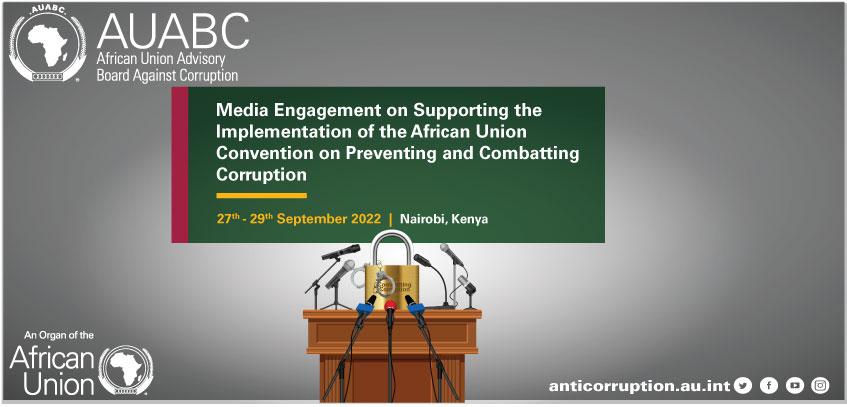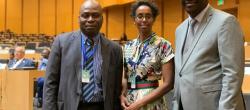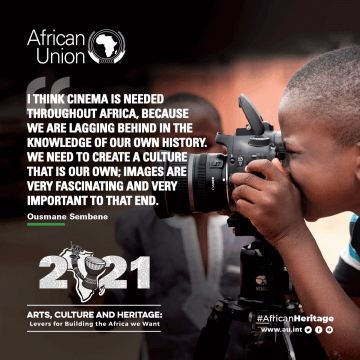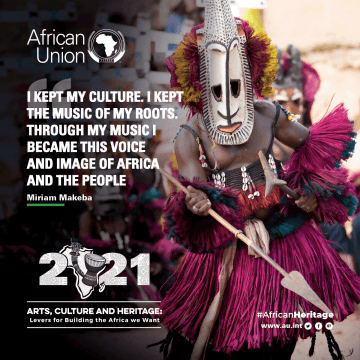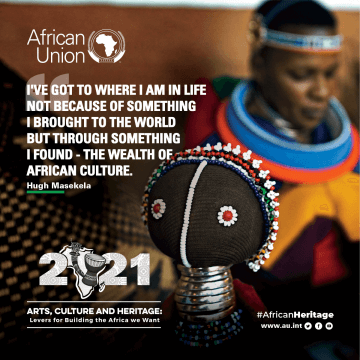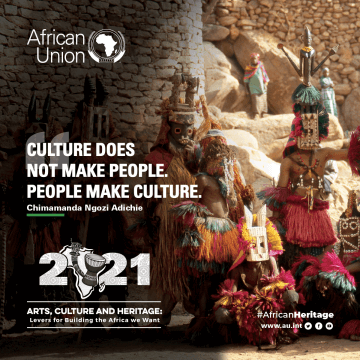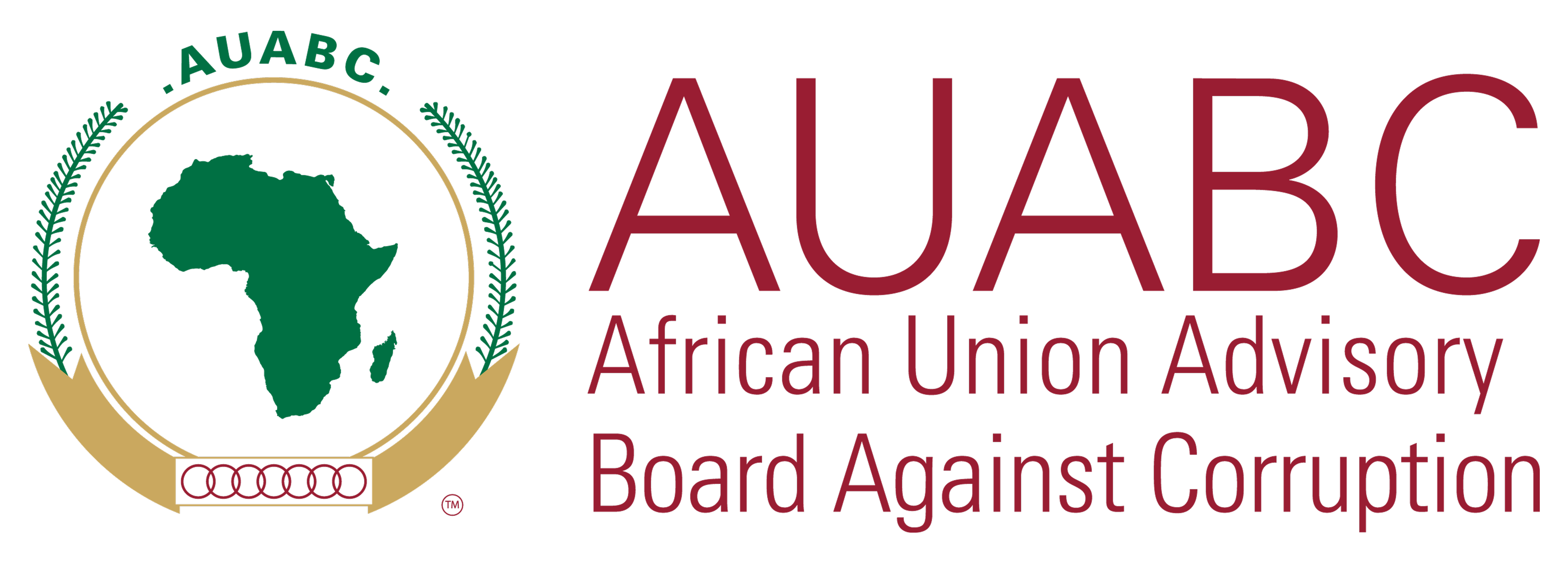The African Union Convention on Preventing and Combating Corruption (AUCPCC) provides a framework which State Parties can follow to combat corruption. Article 12 of the Convention has called upon State Parties to fully engage the Civil Society and Media in the fight against corruption. Recognizing the role that Media has in educating, informing, and acting as watch dogs and being whistleblowers, it is paramount that Media is equipped with right information on how they can engage State Parties to the Convention.
Media has been deemed to be a practical and effective tool to foster awareness on corruption, as well as voices that demand accountability and transparency from the public and private sectors. Through investigative journalism, media outlets have been key whistleblowers as well as holding government accountable in management of the public affairs.
Though the Convention in Article 12 has called upon State Parties to ensure that the Media is given access to information in cases of corruption and related offences on condition that the dissemination of such information does not adversely affect the investigation process and the right to a fair trial, reports have shown that this has been hard to come by.
As a way of facilitating experience, knowledge sharing on the lessons, and challenges that Journalist faces and explore practical solutions on effective reporting on corruption as a means to strengthen fight against corruption, the AUABC is undertaking capacity building activities with journalist in structured engagement.
The objective of the engagement is centered broadly on:
- Raising awareness of the Agenda 2063 on its provision regarding Governance and Rue of Law
- Raising awareness about the AUABC and its working methods
- Raising awareness about the AUCPCC and the provisions pertaining to Media
- To brief the media about the State Review Mechanism and the involvement of Non state actors such as the media.
- To share challenges, strides, and experience on reporting on corruption
- To affirm the media’s role in the fight against corruption.
The Member States of the African Union adopted the African Union Convention on Preventing and Combating Corruption (The Convention) at the Second Ordinary Session of the Assembly of the Union, held in Maputo (Mozambique), on 11th July 2003. The Convention entered into force on 5th August 2006, thirty (30) days after the deposit of the fifteenth (15th) instrument of ratification. To date forty eight (48) countries have ratified the Convention and are States Parties to it.
The African Union Advisory Board against Corruption emanated from Convention under Article 22 (1) of The Convention with a mandate to promote and encourage the adoption of measures and actions by State Parties to prevent, detect, punish and eradicate corruption and related offences in Africa as well as to follow-up on the application of those measures.
The AU Advisory Board on Corruption has the broad mandate to:
- Document and analyze corrupt activities.
- Advise the AU and Member States on all matters relating to corruption.
- Monitor and report on implementation and compliance with the Convention through receipt of State Reports; and
- Engage in advocacy and outreach to prevent corruption.
Read the outcomes of the three-day capacity building workshop convened on the 25th -27th September 2022 in Nairobi, Kenya as attached.








